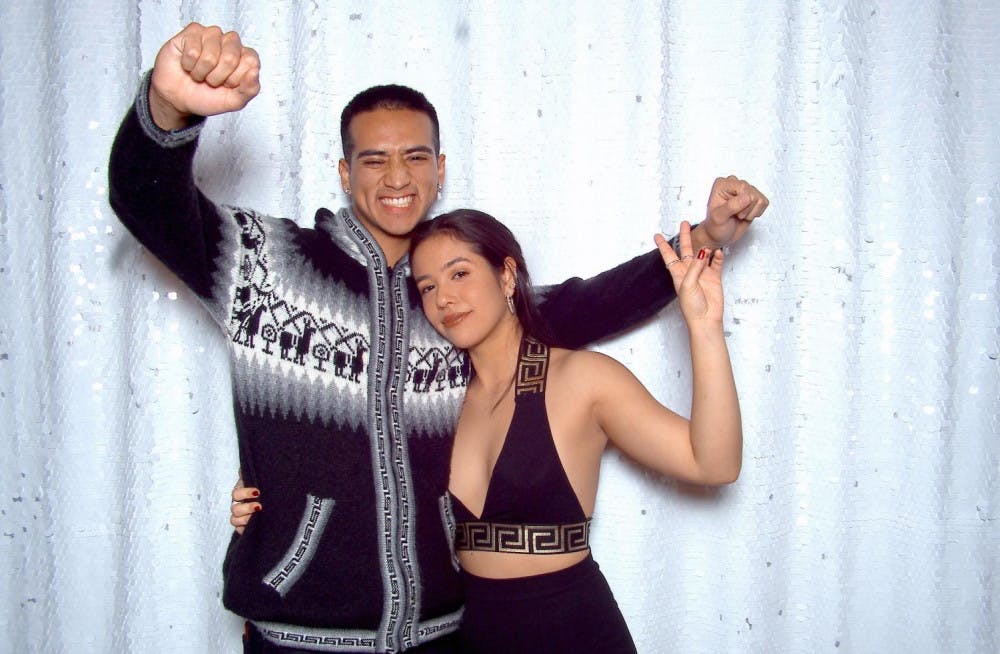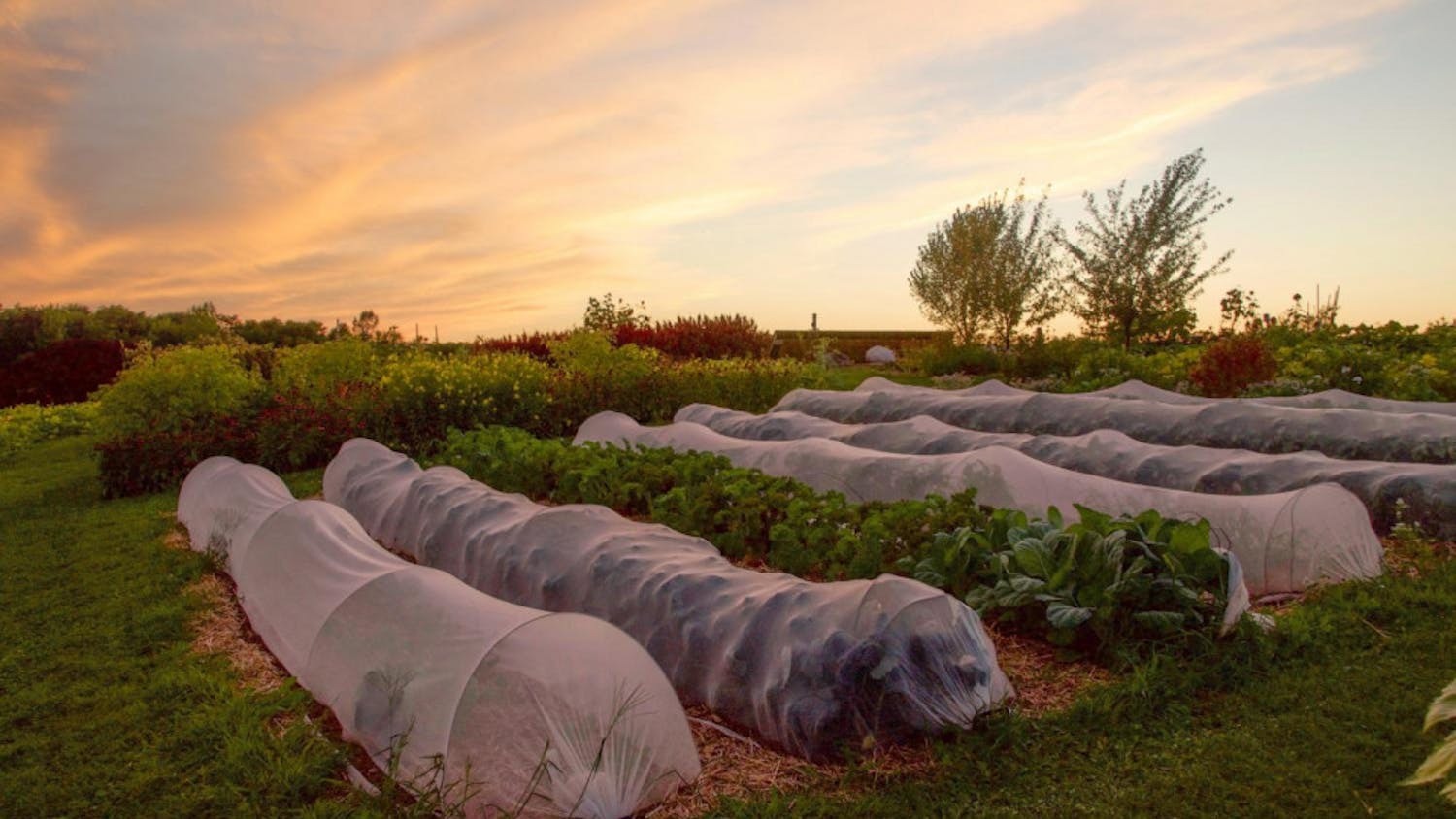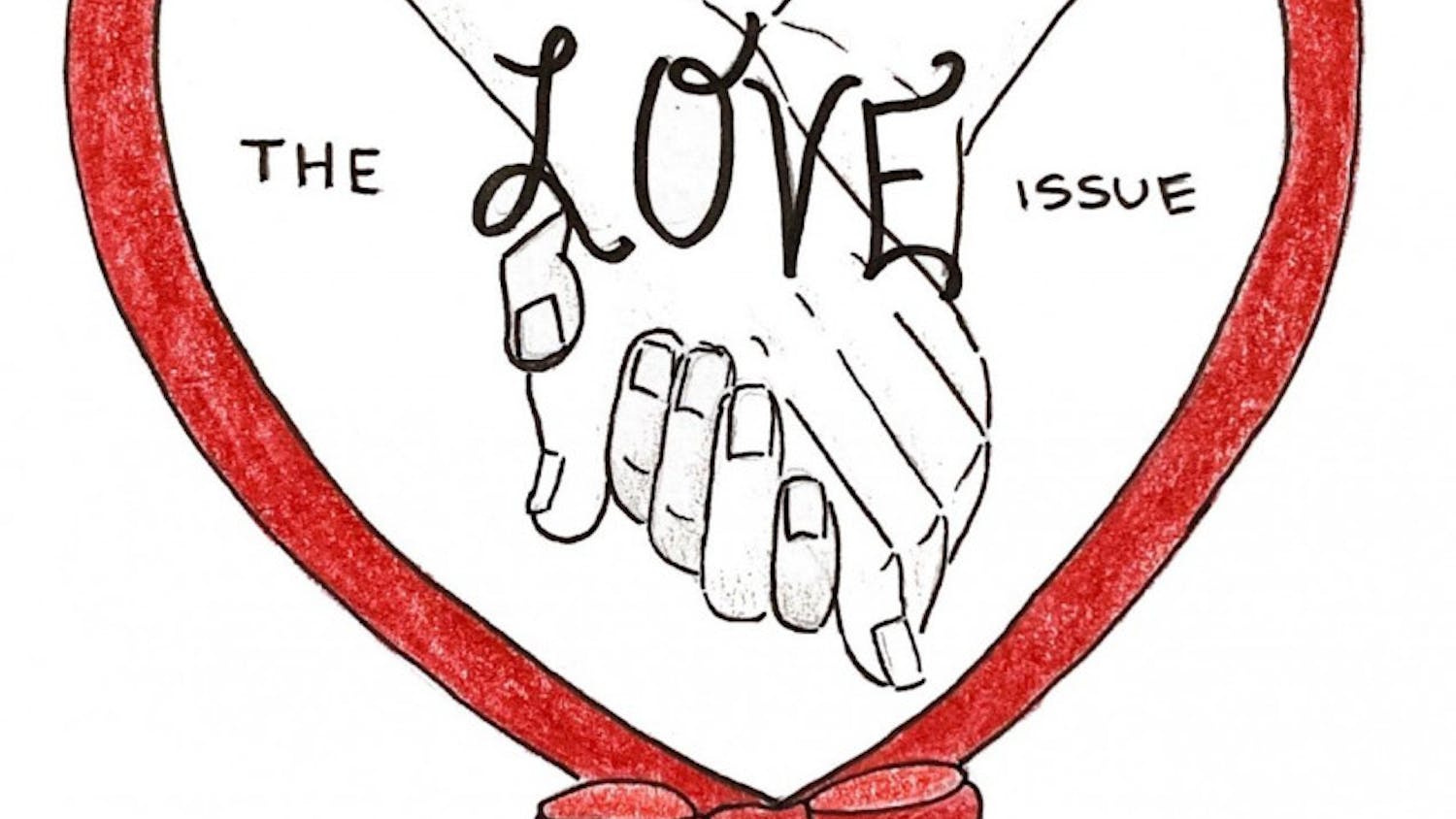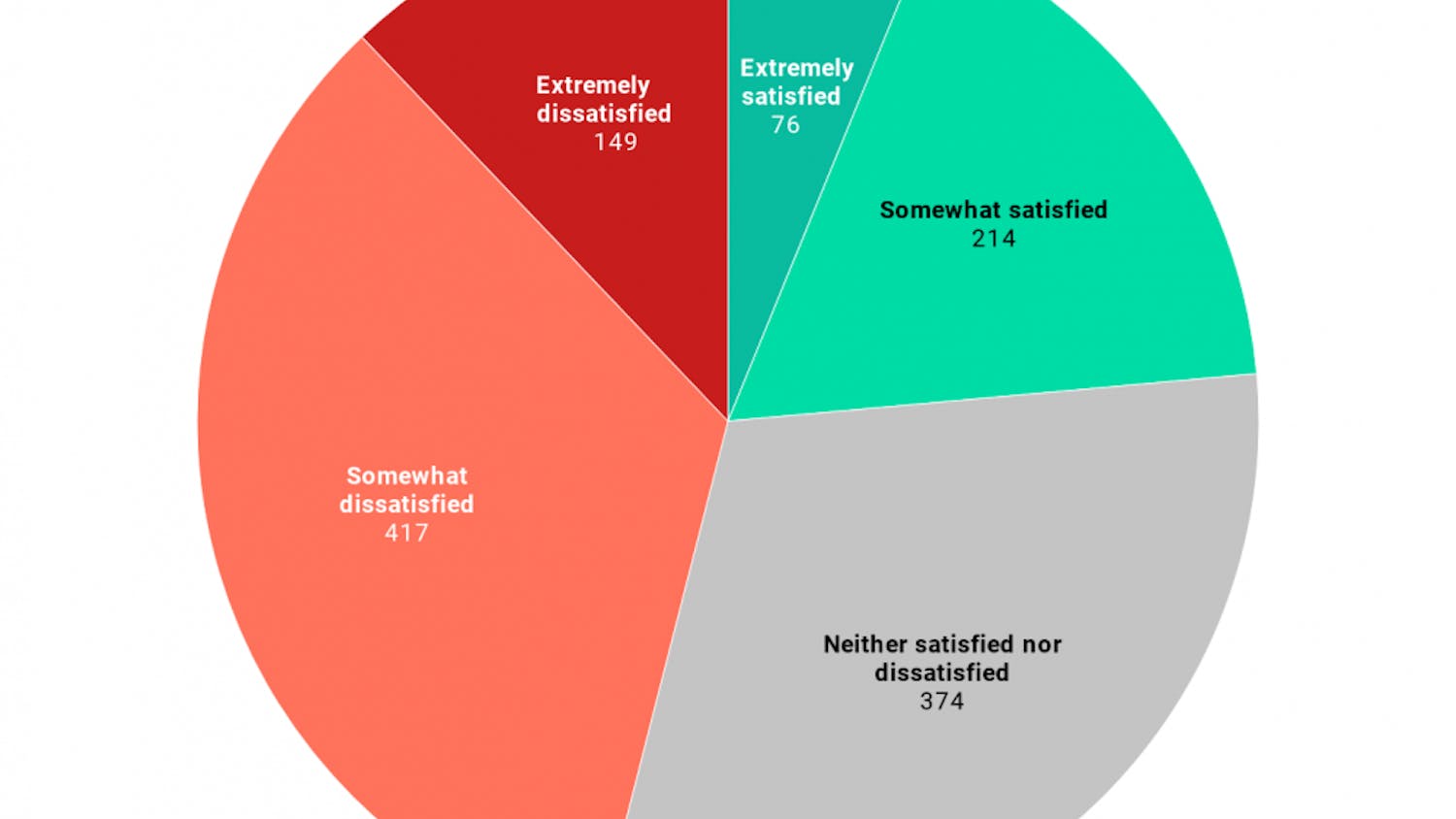We interviewed seven Middlebury couples for another story this week and we were so pleased with all the wonderful anecdotes they shared with us. But unfortunately, we had a word limit.
So here’s an addendum, of questions we asked in every interview and then each couple’s answers. Interviews were all conducted separately, and we condensed responses for brevity.
Check out the companion story first to learn more about the interviewees.
Middlebury Campus: How would you describe the dating scene at Middlebury during your time as a student?
Grace Vedock ’20: I think the queer dating scene is a totally different beast than the straight dating scene. It’s smaller, and it can feel competitive … It feels like there’s always people taking sides. If straight people think that [dating at Middlebury] is hard, I think they would be surprised or humbled by the queer experience at Middlebury.
Julie Parker ’54: Very controlled. There were rules, confines, parietal hours. But any couple that was passionate had plenty of occasions to “mess up,” especially with a car. Sex was feared because pregnancy was such a taboo. Still, a few couples were known to be sexually active, and there were undoubtedly a few pregnancies hastily terminated, or sudden marriages.
Dula Dulanto ’20: A lot of people don’t know how to navigate relationships. It’s easy to brush something off, to disregard others and their feelings. It’s an environment where you don’t have to engage with someone if you don’t want to. It creates this repertoire of mess up and move on to the next person.
Pete Johnson ’62: Archaic.
Janie Johnson ’63: [Laughs.] Archaic is right.
Pete Johnson ’62: I mean, it was different then. The women were very closely monitored and chaperoned. The men, not so much. We pretty much had free run of the campus at the time.
Mary Clermont ’54: The dating scene at Middlebury was very important. It was the social life, really. I always felt bad for the girls who sat alone in the dorm on a Saturday night. You wouldn’t really have big groups of [female and male students] mixed. There was nothing to do [if you weren’t dating someone].
Nancy Hunt ’93: I think there were a lot of people who dated long-term at Middlebury. That's not to say that people weren't also "hooking up" at fraternity and social house parties. That happened all of the time, too.
Don Hunt ’92: The social scene was very much focused around social houses, most of which were fraternities at the time. It was definitely a drinking and hook up scene.
MC: Do you think anything about Middlebury specifically has contributed positively to your relationship?
Pete Johnson ’62: We both moved around. My family moved all over New England. Hers moved because her dad was a professor at several different universities. And so, we never had a longstanding hometown. Middlebury has kind of become that for us, because that’s where the friends that we both know [are from], who knew us when we were in our twenties or younger. That’s sort of our hometown.
Dulanto ’20: Midd brings all these students from diverse backgrounds and equalizes all of them, so Midd provided a platform for us to interact … I immigrated to New York when I was young. My parents don’t speak English. My family has 10 to 15 different aunts and uncles. There are cultural, language and socioeconomic differences [between Melanie and me].
Julie Parker ’54: It has given us shared memories and background and friends that have known us both, cementing the bonds.
MC: Conversely, have there been challenges that you think are specific to Middlebury?
Cece Wheeler ’19: It’s sort of hard to measure a given relationship at Midd, because you’re likely not living together and your time is spread between classes, homework, sports, friends, clubs etc., so that you can “date” someone for a year and in reality not spend that much time together. That’s probably one of the bigger challenges at Midd — just making time for everyone in your life.
Nancy Hunt ’93: I think the challenge with a college like Middlebury, at least at the time we were there, was the lack of diversity. Additionally, there is a challenge that goes with any small school in a rural area and that is the lack of people.
Vedock ’20: I think visibility is a double-edged sword. We’re very visible because we’ve been together for a long time, but that’s not something everyone in a queer relationship necessarily wants or has the luxury of having. That’s something I struggled with at the very beginning, because I was not out when I came to Midd, and not out to my family when we started dating. Feeling very visible in that way was intimidating. Now I don’t feel any pressure or feel scared when I walk around on campus.
MC: What does love mean to you?
Taite Shomo ’20.5: I think love is about knowing that Grace is going to be there for me and I’m going to be there for Grace, and having that constant in my life.
Melanie Chow ’22: I think it just means feeling completely comfortable in your own skin, not having to hide anything. Knowing that no matter what you do or say, that person is still going to be there and want to be with you.
Dulanto ’20: I think of it as an active choice. You don’t make it once, you make it every single day. You’re always wanting to choose the other person for everything they are.
Wheeler ’19: It means that John still hasn’t commented on the cat I brought home six months ago but [he] wakes up at six every morning to feed her.
Parker ’54: I feel an almost mystical connection to Peter, as if cosmic forces operated to bring us together. So Middlebury was the “mise en scène” for one couple's drama.
Pete Johnson ’62: There’s sort of a comfort zone where you can say what you think and be who you are and know it’s going to be okay.
Janie Johnson ’63: Pete was in the military during the Vietnam War. And again, there was no communication, this was way before there were cellphones. He wrote me a letter every single day for 365 days.
Clermont ’54: I don't think I have ever sat around thinking about the meaning of love. It has so many facets and degrees. I remember my mother telling me not to use the word "love" unless whatever you were referring to could return love, so you couldn't love "pizza." So I guess love means, “listen to what your mother said.”
Postscript: A Q&A with Midd couples through the ages

Comments



